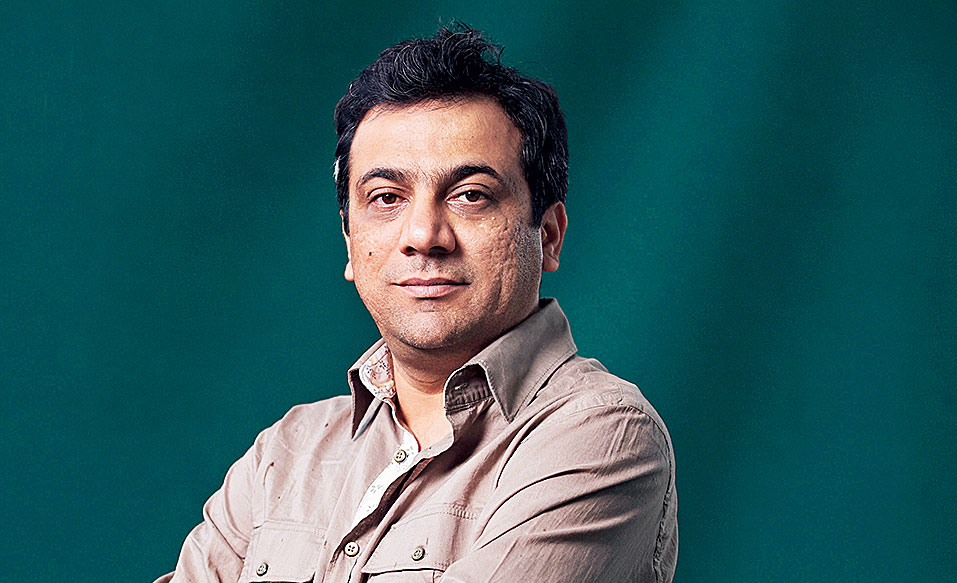Tell Her Everything, Mirza Waheed’s third novel, might initially appear to be yet another South Asian immigrant success story. But readers who stick it out soon discover that the author turns this trope on its head. Without compromising on narrative style, Waheed sets out to tell a tale — one that is narrated by the protagonist, an Indian doctor named Kaiser Shah, to his daughter, Sara — of pain, distress and the involvement of ordinary people in State-sanctioned violence.
Dr K — as Shah is referred to throughout the book — had, for 20 years, held a cushy job in an ultra-modern hospital, one that allowed him to escape from a boyhood spent in abject poverty. Gradually, however, Dr K becomes a ‘punishment surgeon’, performing amputations on those who ‘break’ the law — an act that could involve anything from robbery to airing dissident political views. The figure of the suffering executioner gives Waheed the chance to explore important questions. Dr K’s post-traumatic stress disorder, aversion to hospitals and pressing need to explain his actions to Sara, whom he sent away after his wife died, all point to his struggle to leave his past behind. More interesting, though, is the manner in which the grey area of being complicit in torture without directly sanctioning it feeds his discomfort: “At times, I wonder if killing someone might have been better. There is... a closure of some nature.” He personifies the work ethic of bowing unquestioningly to authority, being co-opted by power and turning a blind eye to one’s own role in a violent system. This willing submission before power might be universal. But in these fraught times, it is not hard to see why it would bear a clear connection to India in the eyes of a Kashmiri writer. There is no Kashmir in Tell Her Everything, but reading it in the aftermath of recent events in the conflict zone bears poignant dimensions.
Waheed, sadly, allows the tale of a father’s neglect of his child to overshadow the more compelling story about complicity in institutionalized violence. He does, however, create an engaging momentum in the depiction of Dr K’s moral compass. It is not that Dr K cannot question legalized butchery. He just decides not to, for he dreams of a ‘respectable’ life. “I had no choice, Sara, which is the simple and absolute truth. It was my job.”
Tell Her Everything by Mirza Waheed, Context, Rs 599













